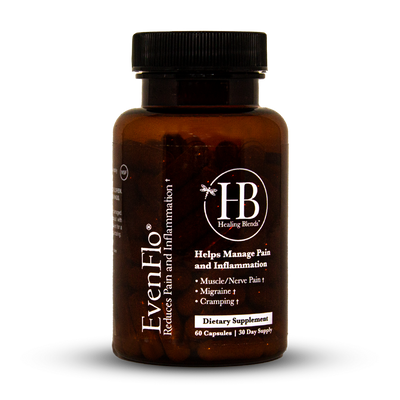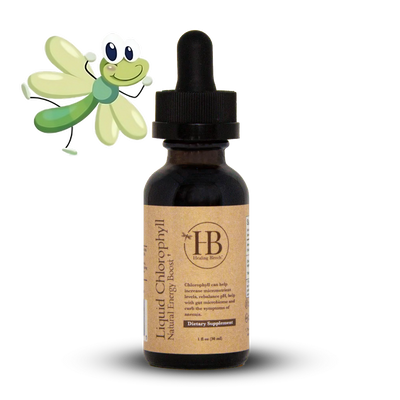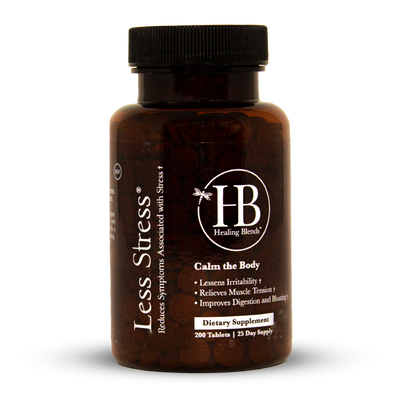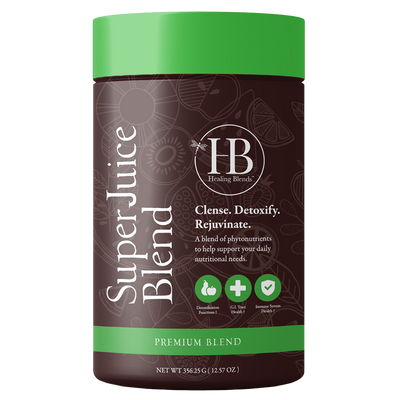Epigenetics: A Different Approach to Genetic Risk
There are 20,000-25,000 genes in the human body. We have two copies of each gene, one inherited from each parent. As our genes interact, some promote and some inhibit the activities of others. And because of their vast quantity, the chances that different combinations of genes being turned on and off will be made are massive.
However, genetics is only a small piece of a much bigger puzzle. That bigger puzzle is epigenetics.
Research is now showing that environmental influences can affect how a fetus develops in the womb via epigenetic changes. It can impact what will happen to the child in adulthood. In other words, our health is not only determined by what we eat and how we behave, but it is also determined by what our parents ate and how they behaved.
What is Epigenetics?
The Greek prefix epi in epigenetics means “on top of”. Epigenetics explained simply means “on top of” genetics. It is the study of changes in organisms caused by modification of gene expression as opposed to alterations of the DNA structure itself.
All of the cells in our body contain the same genetic code. However, all of them have different structures and functions. For instance, a heart cell is very different from a liver cell. A heart cell will have genes turned “on” that a heart cell requires, but it will have genes turned “off” that a liver cell requires. Similarly, a liver cell with have genes turned “on” that a liver cell requires, but it will have genes turned “off” that a heart cell requires. These are known as epigenetic modifications.
Epigenetic modifications are natural occurrences, required for proper development and overall well-being. They do not disturb the underlying genetic code, but merely work to ensure the specific structure and function of each cell in our body.
Yet, what happens when instructions are given by the genes suddenly go awry? Can a gene that is supposed to be turned “on” suddenly be turned “off”?
Overview of the Epigenetic Landscape
Epigenetics comes into play when substances interact with a gene, affecting its function. When this occurs (for reasons such as age, environment, lifestyle, and disease state), it causes an interruption in the epigenetic process. And, as a result, it can lead to severe health and behavioral consequences.
Many diseases, including cancer, diabetes, heart disease, and mental illnesses are supposedly responsible for selectively turning genes or off, thereby allowing tumorous tissues to develop. These diseases are influenced by epigenetic mechanisms.
What we are now learning is that epigenetic therapy offers a promising approach to influencing these diseases directly. Epigenetic therapy is the use of medications or other epigenome-influencing techniques to treat medical conditions. With it, manipulating epigenetic modifications in a controlled way can result in the potential treatment of chronic pain and disease, all the while improving longevity, boosting cognitive function, and enhancing the quality of life.
A New Era of Epigenetic Therapeutics
Epigenetic changes occur not just in the womb, but also throughout the course of one’s lifetime. Our characteristics (physical traits and behaviors) can affect our experiences and our experiences can affect our characteristics. Likewise, the relationship between our genes and behavior can change over time as we come across new experiences.
By using epigenetic information, we can better understand how different types of lifestyle choices and environmental exposures play a role in shaping health outcomes. What’s more, with new precision-editing tools, it may be possible to identify the most notable epigenetic modifications in a particular medical condition – and reverse its symptoms.
As we learn more and more, we can inspire a new generation of individualized approaches for well-being. And in doing so, we can maintain our health, prevent diseases, and alter our ‘DNA destiny’ for the better.
References:
- "Epigenetics 101: A Beginner’s Guide to Explaining Everything" via The Guardian
- "Epigenetics 101: Telling Your Genes How to Behave"
- "A Super Brief and Basic Explanation of Epigenetics for Total Beginners" via What is Epigenetics
- Sang-Woon Choi, Simonetta Friso, Epigenetics: A New Bridge between Nutrition and Health, Advances in Nutrition, Volume 1, Issue 1, November 2010, Pages 8–16, https://doi.org/10.3945/an.110.1004
- "Opinion: The New Frontiers of Epigenetics" via The Scientist
- "The Age Old Debate of Nature vs. Nurture" via verywellmind.com
- "Genes, environment, and behavior" via Khan Academy

























